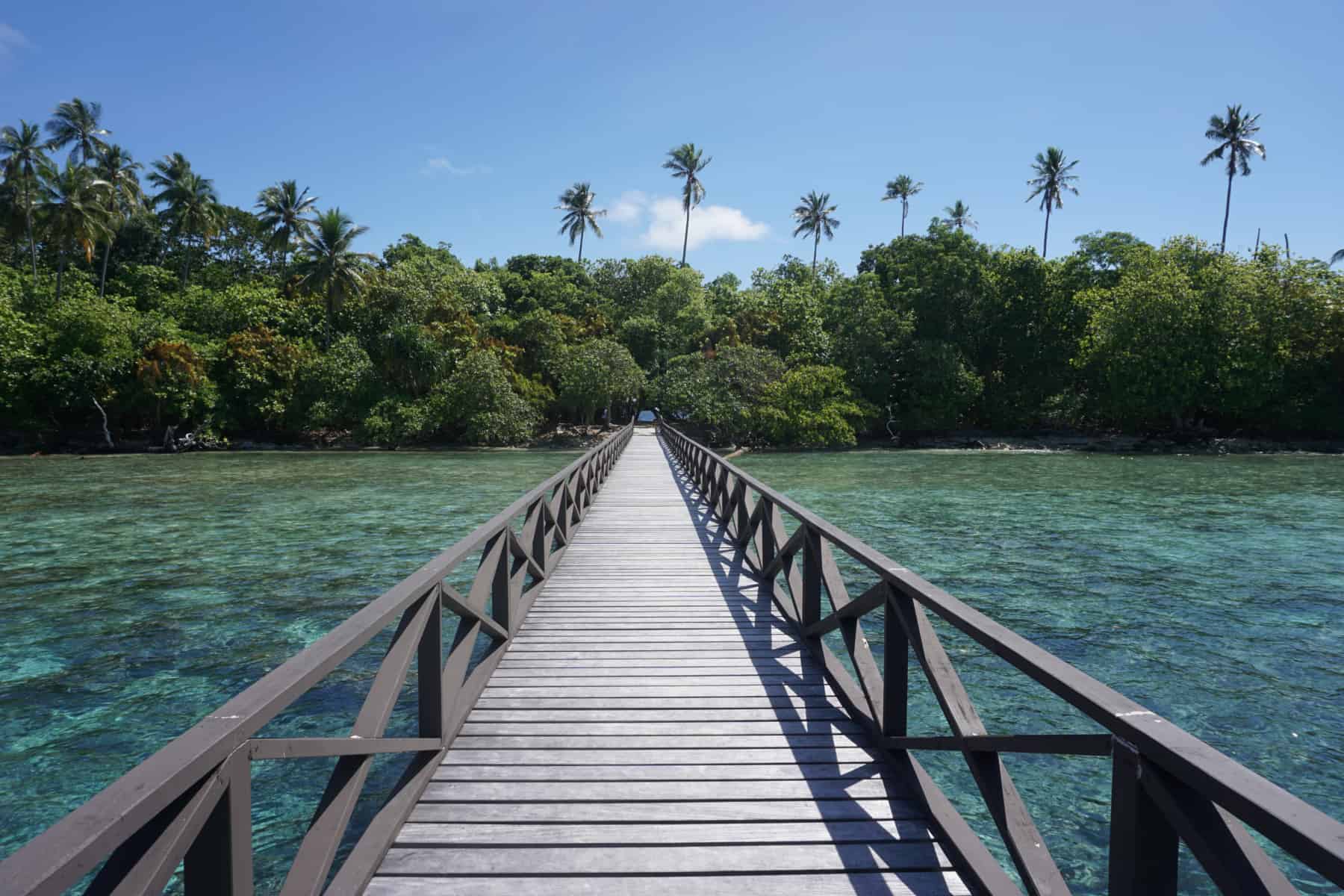Multiple underlying political and economic barriers hinder inclusive development in Solomon Islands, including the challenge of remoteness, social fragmentation, and legacies of colonial rule. Better understanding of how motivated individuals and community co-operation overcome these barriers has the potential to address the challenge of uneven development.
With a small population spread across an archipelago of some 900 islands, Solomon Islands faces significant challenges in providing inclusive access to vital services such as healthcare, water and education. Progress has been made in reducing poverty in Solomon Islands but uneven development persists and results from a complex mix of social, political and economic conditions.
The paper explores inequalities in accessing services, Solomon Islands’ political economy of uneven development, and pockets of developmental leadership. It introduces ‘Citizen state engagement in Solomon Islands’, arguing that there may be untapped potential in better understanding when and how leaders in communities across Solomon Islands work together to create goods and services that are beneficial for all.















